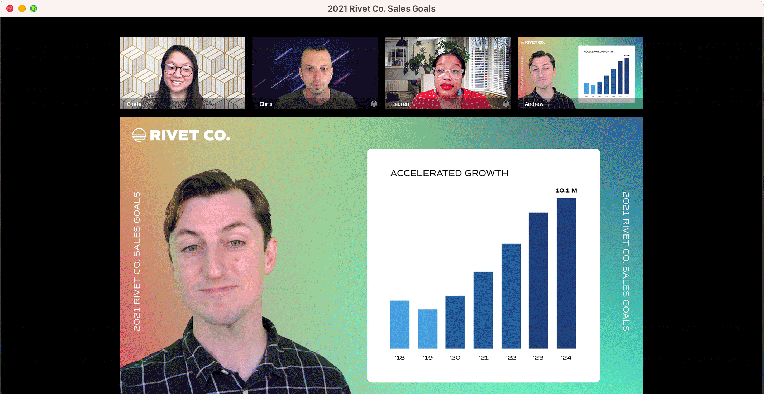Finch Capital launches third fund to invest in European fintech at Series A and B – TechCrunch

[ad_1]
Finch Capital, the early-stage fintech VC with a presence in London and Amsterdam, has raised a third fund. Targeting a final close of €150 million, the fund has already secured €85 million from LPs ready to deploy.
Out of Finch Capital “Europe III,” the VC will invest in fintech startups at the Series A and B stages, deemphasising its previous inclusion of seed. Specifically, it says it is on the lookout for “European category leaders,” and in particular those leveraging AI with €2-5 million in revenues — a company profile, the firm argues, that is currently seeing a funding gap. Noteworthy, in early 2020, Finch Capital added Google and DeepMind alum Steve Crossan as a venture partner.
As with its previous funds, Finch plans to back 15-20 European startups over the next three years, and candidly reveals it’s targeting liquidity (i.e. exits) “3-5 years post investment”.
“Although we have a relatively good hit rate on seed deals, the overall impact on the fund is small, as we have made the best returns on deals with €2-5 million in revenues,” Radboud Vlaar, MD Finch Capital, tells me. “This plays to our sweet spot as a team, to leverage our network to help companies to scale, which is harder in the earlier stages when the companies look for product market fit”.
On a potential funding gap, Vlaar says there is a lot of early-stage capital going to companies with €0.5-2 million in revenue, with the aim to get to €5 million and beyond in revenue quickly. And there is also a lot of capital chasing companies with €5-10 million in revenue. “In reality, B2B takes time and many companies are not growing linearly,” he observes. “They might have to adapt the team, strategy etc., on the way to cracking the market.
In addition, most of the U.S. or European growth firms prefer to see signs of a “winner takes all” market, which in Europe, due to its fragmented landscape, is more the exception than the rule, with a greater proportion of €100-500 million exits.
This means that Finch is seeing promising companies with “great products” that are facing a funding gap at €2-5 million in revenue, which the VC aims to plug. “Our strategy is fairly dynamic in terms of ownership but specific in terms of theme: we can aspire for 30-40% in certain companies as well as the more traditional stake of 15-25%,” adds Vlaar.
Meanwhile, Finch’s current portfolio spans pure-play fintech, regtech and insurtech, and includes Trussle, Fourthline, Goodlord, Grab, Hiber, BUX, Twisto and Zopa. Exits include Salviol and Cermati, plus two exits currently unannounced or in progress.
In 2020 the firm launched “Flowrence,” its machine learning tool to help source and manage deal flow. Finch says that over the last SIX months, 20% of its shortlisted deals were sourced by Flowrence, especially useful during the current pandemic.
[ad_2]
Source link






